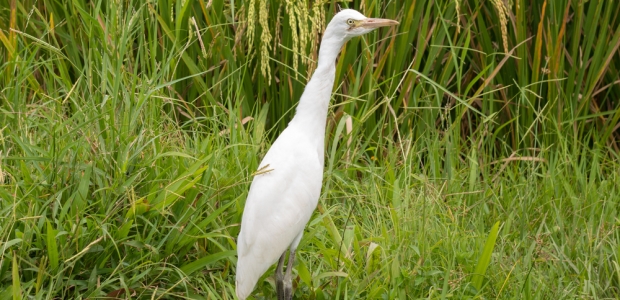
Thus far, 169 countries have signed the Convention on Wetlands and more than 2,200 sites have been designated and recognized as Wetlands of International Importance, covering an area larger than Mexico in all.
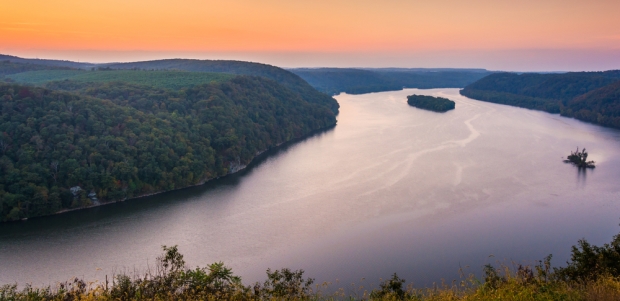
"Pennsylvania was not on track to meet nutrient reduction targets, and EPA made clear in 2015 that it would withhold funding due to that lack of progress. DEP worked with our sister agencies and wrote a plan that will put us on track," said DEP Secretary John Quigley.
Based on the latest UN figures, the report estimates 60 million people will be affected by El Niño this year, with many of them suffering health consequences.
The study's authors concluded infectious diseases are not the main worry, and that bats globally could benefit from policy, education, and conservation actions targeting human-caused mortality.
It envisions a global economy in which plastics never become waste. If this systemic change can't be realized, the potential damage will be severe -- given the projected growth in consumption and a business-as-usual scenario, by 2050 the world's oceans are expected to contain more plastics than fish by weight.
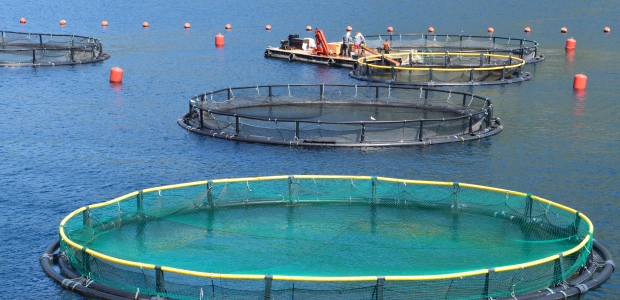
"While this framework is the first of its kind in federal waters, the states already support many successful and thriving aquaculture operations in their waters," said Eileen Sobeck, assistant NOAA administrator for fisheries. "Allowing this type of seafood production will not only reduce U.S. dependency on imports, but also provide a domestic source of sustainable fish protein and create jobs."
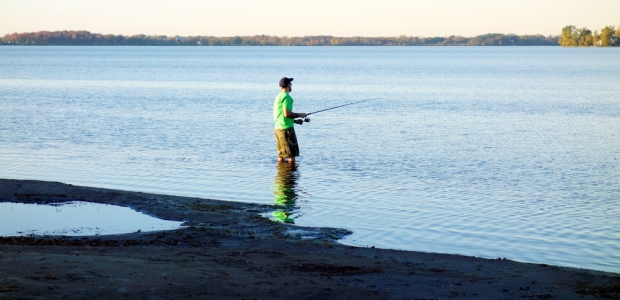
The EPA has, for the first time ever, registered a sea lamprey mating pheromone as a vertebrate pheromone biopesticide, which will be used to help collect and remove adult lampreys before they have a chance of reproducing.
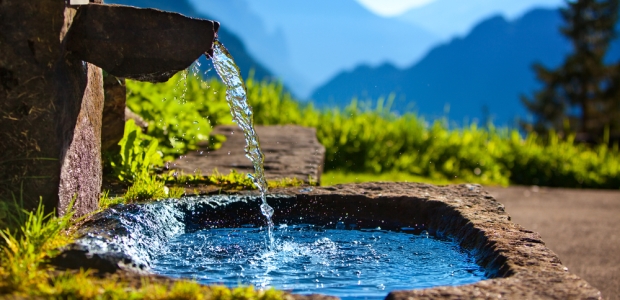
The 17 goals build on the eight Millennium Development Goals that sought to eradicate extreme poverty and hunger, achieve universal primary education, reduce child mortality; ensure environmental sustainability, and more.
Dr. Suzette M. Kimball has been leading the agency in an acting capacity since February 2013.
"Shoreline management techniques like this can help reduce carbon dioxide in the atmosphere while increasing coastal resilience," said Russell Callender, Ph.D., acting director of NOAA's National Ocean Service.
The EPA recently finalized a plan to address serious air pollution that is dramatically reducing visibility at the Big Bend and Guadalupe Mountains National Parks in Texas and the Wichita Mountains National Wildlife Refuge in Oklahoma.
Energy Resource Technology GOM, LLC, a wholly owned subsidiary of Houston-based Talos Energy LLC, has been charged with two felony counts of violating the Outer Continental Shelf Lands Act and two felony counts of violating the Clean Water Act related to its offshore oil production facilities in the Gulf of Mexico.
Dr. Louis Fortier, scientific director of ArcticNet, was awarded the 2015 Northern Science Award on Nov. 18, Polar Knowledge Canada announced.
America's WETLAND Foundation brings private funding to shoreline stabilization.
Experts participating in the Security and Environmental Crime conference issued a 15-point call for action to raise awareness and encourage greater involvement by the global community.
Through the Arbor Day Foundation Partnership, Canon U.S.A. has achieved their environmental sustainability initiative goal by contributing 50,000 to natural disaster sites in 2015.
The Intermountain West will begin a new grant program provided by American Rivers that will help to benefit rivers and their communities.
DOJ now reports that harlequin ducks and sea otters that had appeared vulnerable to the lingering oil have recovered to pre-spill population levels and are no longer exposed to oil more than populations outside the spill area.
UMass Amherst watershed scientists offer national flood and runoff assessment.
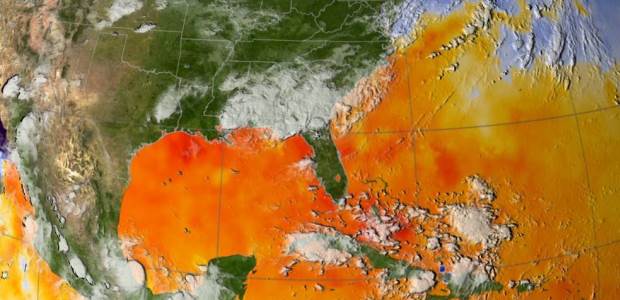
"Hurricane Katrina is, indeed, part of this story," said UCI Earth system scientist James Randerson, senior author on the paper. "The ocean conditions that led to a severe hurricane season in 2005 also reduced atmospheric moisture flow to South America, contributing to a once-in-a-century dry spell in the Amazon."